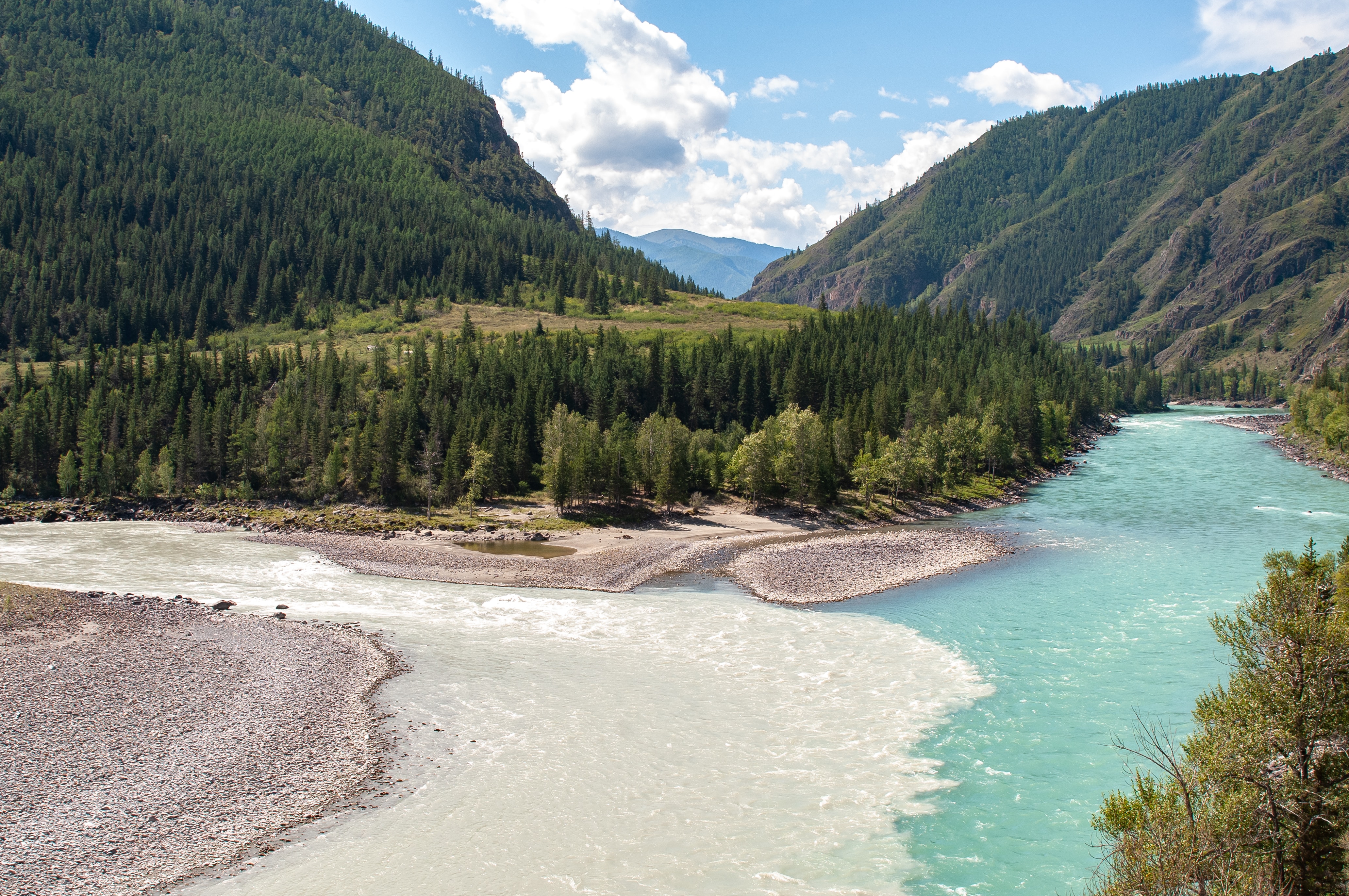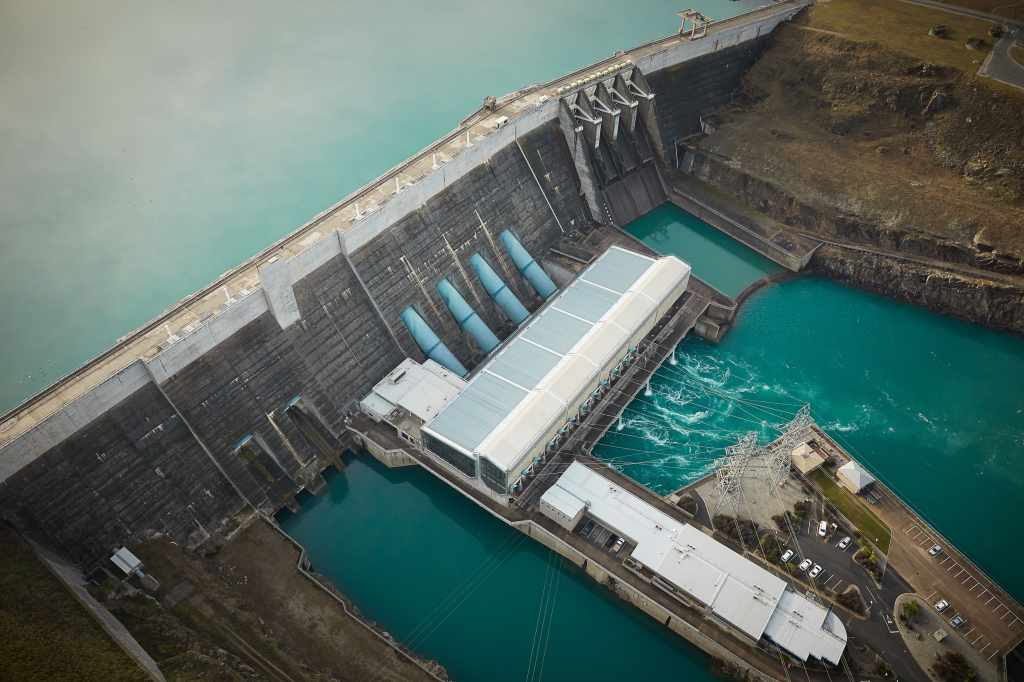
Confluentia is a consortium of independent specialists, offering world-leading expertise in environmental and social consultancy for the hydropower sector.
Confluentia will form a multidisciplinary team of environmental and social specialists, tailored to meet the specific technical and geographical demands of your hydropower project.
Confluentia specialises in the application of the Hydropower Sustainability Standard (HSS). This is a comprehensive, evidence-based and transparent methodology to certify hydropower projects for their sustainability performance.
Our services:

Evaluation for HSS certification.

Support to your team prior to an HSS assessment.

Training on the HSS or other related topics.

Plans and solutions to address issues identified by an HSS.
Why certification?

Credibility
Certification from a reputable, independent body can significantly boost the project’s reputation, demonstrating a commitment to sustainability and ethical practices.

Attract Investors
Certified sustainable projects are often more attractive to investors, particularly those prioritising ESG (Environmental, Social, and Governance) criteria.

Identify Risk
The assessment process can identify and help mitigate environmental, social, and governance risks, reducing the likelihood of future issues.

Increase Efficiency
The process often uncovers opportunities for improving operational efficiency, particularly in terms of resource use and waste management.

Demonstrate Compliance
Certification can assist in ensuring compliance with local and international environmental regulations, potentially avoiding legal and financial penalties.

Stakeholder communication
Demonstrating a commitment to sustainability can improve relationships with local communities, regulators, and other stakeholders.

Access to Finance
Certified sustainable projects may have better access to green loans and other forms of sustainable financing, often at more favourable terms.

Longterm Viability
Focusing on sustainability helps ensure the long-term viability and resilience of the project, particularly in the face of environmental and regulatory changes.

Retain Employees
Companies known for their sustainability efforts often find it easier to attract and retain employees who value environmental stewardship.
Legitimacy
The Hydropower Sustainability Standard is governed by the Hydropower Sustainability Alliance. The Hydropower Sustainability Alliance is a multi-stakeholder standard-setting body that empowers all voices to make an impact. Their inclusive governance structure ensures that diverse perspectives and interests are represented, heard and considered.
Interested?
Book a free online consultation
Testimonial

“Confluentia Consultants’ successful completion of the assessment using the Hydropower Sustainability Standard, as required by the Climate Bond Initiative and green financing, has notably advanced our sustainability practices. Their work has not only ensured compliance with key sustainability benchmarks but also contributed to our broader objectives of environmental stewardship and responsible resource management. This accomplishment provides significant benefits in promoting sustainable hydropower, aligning with global environmental goals. The team at Contact really enjoyed working with Simon, and were highly impressed with his extensive hydropower knowledge and expertise. This certainly helped make the assessment process run smoothly and efficiently.”
— Contact Energy, New Zealand
FAQ
What is the Hydropower Sustainability Standard?
To improve the sustainability of hydropower projects, a multi stakeholder group of NGO’s and industry launched a certification system to assess the environmental and social impacts of hydropower projects around the world. The Hydropower Sustainability Standard (HSS) allows hydropower developers and operators to have their projects certified as meeting certain benchmarks for ecological stewardship, community relations and good governance. Projects that demonstrate adherence to international best practices can earn a “Certified Sustainable Hydropower” designation after undergoing an independent audit. Top performers may additionally be labelled “Silver” or “Gold.”
Assessment reports can be found here: https://www.hs-alliance.org/sustainability-assessments
What topics are assessed?
The HSS sets out 12 performance requirements corresponding to environmental, social and governance criteria used by entities like the World Bank. These include minimum standards as well as more advanced benchmarks for leadership on sustainability. Topics assessed are:
- Environmental and social assessment and management
- Labour and working conditions
- Water quality and sediments
- Community impacts and infrastructure safety
- Resettlement
- Biodiversity and invasive species
- Indigenous peoples
- Cultural heritage
- Governance and procurement
- Communications and consultation
- Hydrological resource
- Climate change mitigation and resilience
How is the Standard implemented?
The sustainability certification system relies on rigorous, evidence-based assessments conducted by teams of independent auditors accredited by the Hydropower Sustainability Council, the standard-setting body. Auditors (called Accredited Assessors) prepare findings on an objective basis, backed by documentary evidence, interviews with stakeholders, and first-hand observations from site visits. The process emphasises transparency – assessment reports must detail all evidence in appendices and clearly link conclusions to proven facts. For a certification assessment, auditor teams must be led by an Accredited Lead Assessor and include at least one additional Accredited Assessor. A typical assessment proceeds through planning, evidence gathering, on-site interviews and inspection, report drafting, and report finalisation stages.
How does certification work?
Projects meeting sustainability benchmarks can apply for certification after undergoing a Hydropower Sustainability Standard assessment. Once an assessment team issues its report, project developers or operators have eight weeks to seek certification during a public comment period. The Hydropower Sustainability Alliance Secretariat reviews the report and Assessors responses to public comments before finalizing it. Projects that meet minimum requirements and follow proper procedures then receive a “Certified Sustainable Hydropower” designation. Top performers demonstrating adherence to advanced sustainability criteria can qualify for “Silver” or “Gold” certification labels. Certification lasts five years for existing dams. After that, facility owners must commission a new audit and reapply.
How can the Hydropower Sustainability Standard be used to gain access to climate finance?
The Climate Bonds Standard is a certification scheme that provides credibility and transparency around climate-aligned bonds. It includes sector-specific eligibility criteria to ensure certified Climate Bonds fund assets that mitigate climate change or enable climate resilience. A multi-stakeholder process determines the criteria, which are approved by the Climate Bonds Standard Board. Historically there was demand for specific hydropower criteria as some early green bonds funded hydropower assets which had sustainability concerns. Robust, consistent criteria were needed to screen hydropower projects for climate compatibility and avoid negative environmental/social impacts. The Hydropower Sustainability Standard has now been approved as the hydropower criteria used to provide standardised screening aligned with climate goals and wider sustainability objectives.
My project is seeking inclusion in a Certified Climate Bond, what’s the process?
The requirements below apply to all hydropower facilities seeking inclusion in a Certified Climate Bond. All must be met for the facility to pass the Adaptation and Resilience Component of the Hydropower Criteria and be eligible for inclusion in a Certified Climate Bond.
The facility seeking inclusion in a Certified Climate Bond must have undergone an HSS assessment. This analysis must have been carried out by an Accredited Assessor. This assessment will identify any significant gaps that the facility demonstrates against international good practice. If any significant gaps are identified, an Environmental and Social Action Plan (ESAP) must be established to address those gaps including details on how and when these gaps will be closed.
The Approved Verifier must verify that this assessment demonstrates: No more than 10 significant gaps have been found in total across the assessment; AND no more than 2 significant gaps in each section assessed; AND none of those gaps would mean that the Mitigation Criteria above are not met or relate to FPIC.